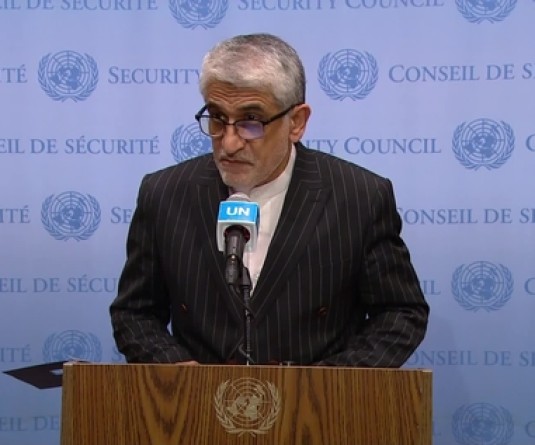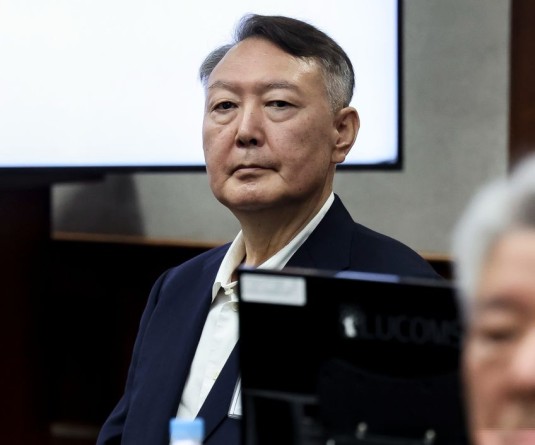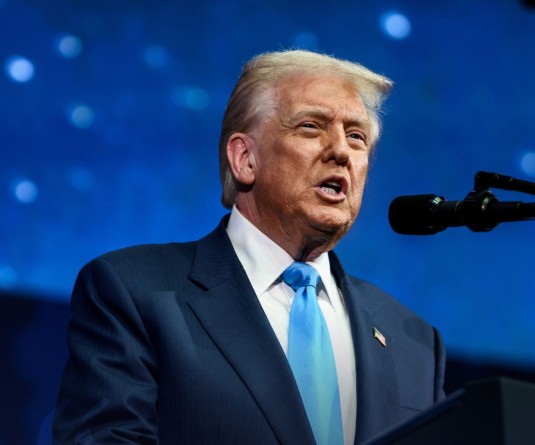A general view of the U.S. Supreme Court building in Washington, US on July 2, 2020. (REUTERS File Photo)
WASHINGTON, July 6 (Reuters): The U.S. Supreme Court on Monday refused to free "faithless electors" in the complex Electoral College system that decides the outcome of presidential elections from state laws that force them to support the candidate who wins the state's popular vote.
The justices unanimously rejected the idea that electors, who act on behalf of a state in the Electoral College vote that occurs weeks after voters go the polls, can exercise discretion in the candidate they back. The decision erased a potential complicating factor in the Electoral College as President Donald Trump seeks re-election on Nov. 3 against Democratic challenger Joe Biden.
The court ruled in favor of Washington state and Colorado, which had imposed penalties on several "faithless electors" - so named because they defied pledges in 2016 to vote for the winner of their states' popular vote, Democrat Hillary Clinton.
Washington state Attorney General Bob Ferguson said the ruling "reaffirmed the fundamental principle that the vote of the people should matter in choosing the president."
State officials have said faithless electors threaten the integrity of American democracy by subverting the will of the electorate and opening the door to corruption. The plaintiffs had argued that the Constitution requires them to exercise independent judgment to prevent unfit candidates from taking office.
"The Constitution's text and the nation's history both support allowing a state to enforce an elector's pledge to support his party's nominee - and the state voters' choice - for President," liberal Justice Elena Kagan wrote on behalf of the court.
Under the system set out in the U.S. Constitution in the 18th century, the winner of a presidential election is determined not by amassing a majority in the national popular vote but by securing a majority of electoral votes allotted to the 50 U.S. states and the District of Columbia.
Electors typically are party loyalists who follow through on their pledges to support the candidate who gets the most votes in their state.
But in 2016, 10 of the 538 electors cast ballots for someone other then their state's popular vote winner, an unusually high number that could have changed the outcome of five of the 58 previous U.S. presidential elections.
Trump, a Republican, defeated Clinton by a margin of 304 to 227 Electoral College votes despite losing the popular vote nationally by about 3 million votes.
Kagan wrote that the Constitution is "bare hones about electors" with no rules binding states in how to oversee them. Citing historical accounts, Kagan added that right from the beginning "presidential electors became trusty transmitters of other people's decisions."
'WEALTHY SPECIAL INTERESTS'
Paul Smith, a senior lawyer at the Campaign Legal Center, a nonpartisan group that favors transparency in elections, welcomed the ruling.
"If electors had been turned loose to violate state law and ignore their state's voters, they would have been free to accept contributions from wealthy special interests who want to influence our politics, free from any public disclosure," Smith said.
The justices upheld the Washington state Supreme Court's decision that the $1,000 fines against three faithless electors were lawful and did not violate the Constitution's provisions that spell out the Electoral College process.
The justices also reversed a 2019 ruling by the Denver-based 10th U.S. Circuit Court of Appeals against Colorado's cancellation of a faithless elector's vote. Justice Sonia Sotomayor did not participate in the Colorado case.
Colorado and Washington state are among the 48 states - only Maine and Nebraska excepted - with winner-takes-all systems awarding all electors to the candidate who wins the state's popular vote. Thirty-two states and the District of Columbia have laws intended to control how electors vote. Only a handful enforce them with penalties.
The two lead plaintiffs in the cases decided on Monday, Bret Chiafalo and Micheal Baca, were Democratic electors who sought to persuade Republican electors to disregard their pledges and help deny Trump the presidency. They cast their ballots for moderate Republicans and not Clinton even she won the popular vote in both states.






